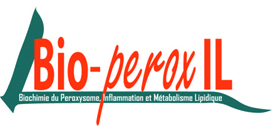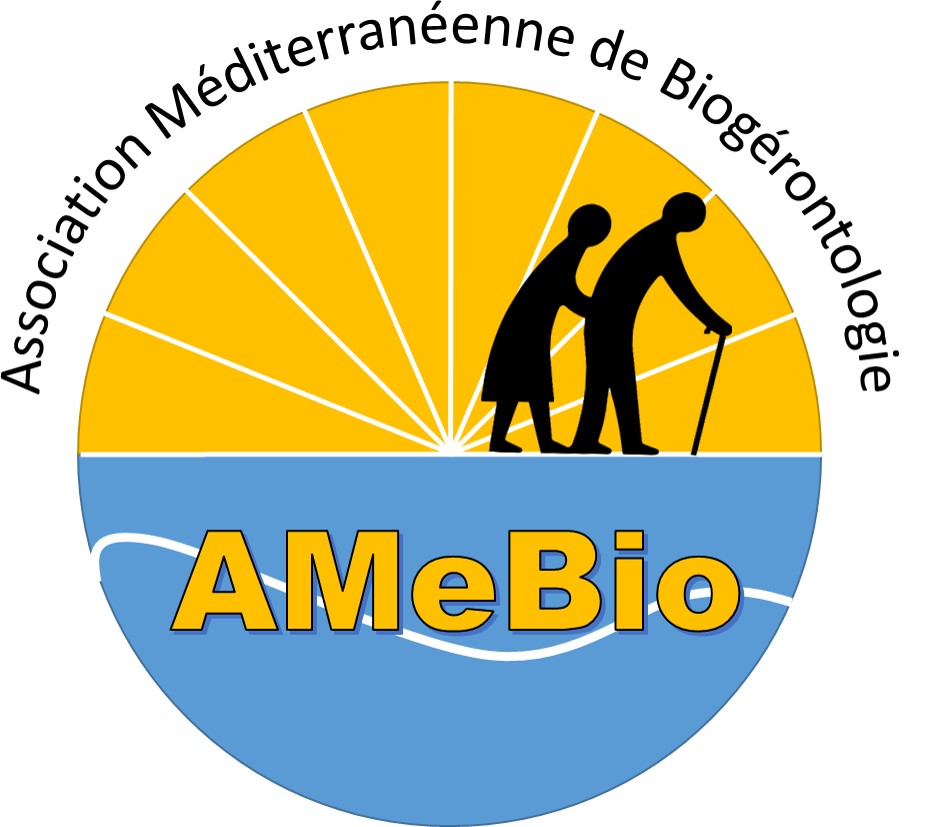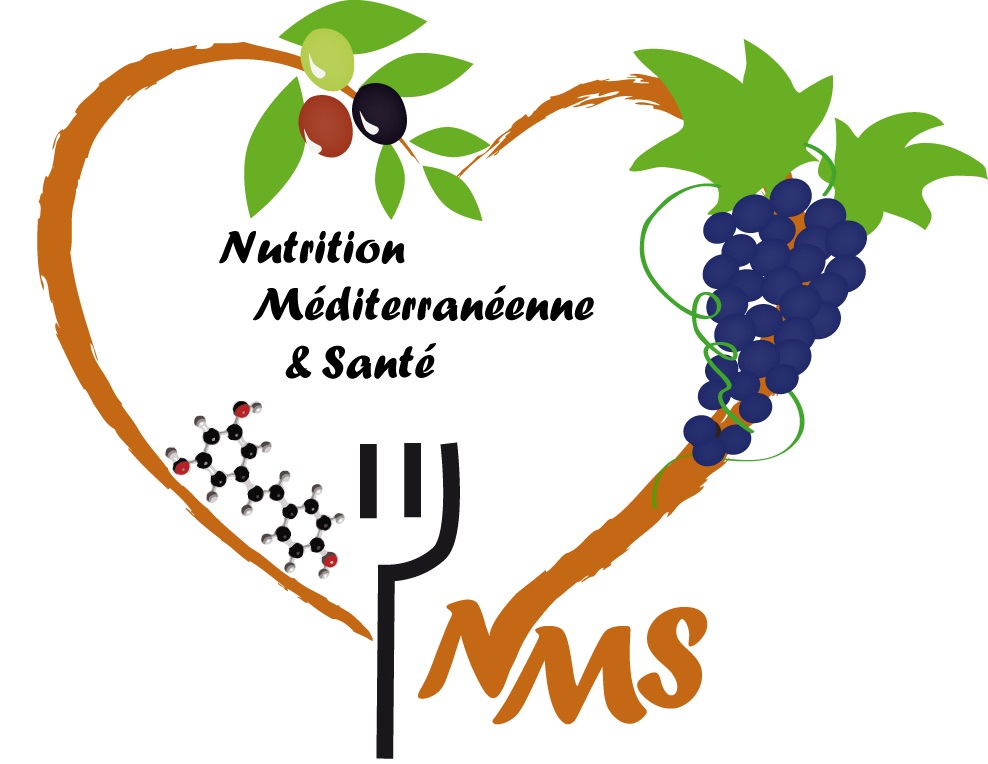Conférences
- Publication : mardi 8 mars 2011
 Conférence du Dr Diederich Marc (LBMCC Luxembourg)
Conférence du Dr Diederich Marc (LBMCC Luxembourg)
Lundi 14 mars à 14h15, Amphi Martin - Faculté de Médecine
"Natural compounds as inhibitors of inflammation and activators of cell death mechanisms"
Résumé :
Programmed cell death plays a critical role in the cellular housekeeping, and aberrant cell death regulation leads to body malformations and to numerous diseases, including various autoimmune diseases, cancer, stroke, infarctations, and neurodegenerative diseases. Research in the field of cell death has evolved at a very rapid pace over the last fifty years. It is now generally accepted that programmed cell death can be subdivided into three different categories: apoptosis (programmed cell death type I), autophagy (programmed cell death type II, or lysosomal cell death), and oncosis (programmed cell death type III, also referred to as necrosis). Apoptosis, in particular, has been studied in great depth and autophagy has recently sparked an enormous research interest.
In the 1960’s to early 1980’s, at the same time as renowned biologists including Richard Lockshin and John Saunders, John Kerr, Alastair Currie, and Andrew Wyllie, and Sydney Brenner, Robert Horvitz, and John Sulston initiated their investigations into cell death, research groups lead by Paul Scheuer, John Faulkner, George Pettit, and other chemists pioneered the research field of natural products, with the aim to identify potent anti-cancer compounds amongst the toxins produced by marine organisms as a chemical defence mechanism against their predators. Since then, numerous marine natural products have been identified as modulators of cell death. Here, we discuss the mechanism of action of the major marine natural products reported as inducers of apoptosis, autophagy, or oncosis.
Schnekenburger M, Karius T, Cerella C, Diederich M. Targeting inflammatory cell signaling mechanisms: a promising road to new therapeutic agents in chemoprevention and cancer therapy. J Exp Ther Oncol. 2011;9(1):1-4.
Kelkel M, Jacob C, Dicato M, Diederich M. Potential of the dietary antioxidants resveratrol and curcumin in prevention and treatment of hematologic malignancies. Molecules. 2010;15(10):7035-74











